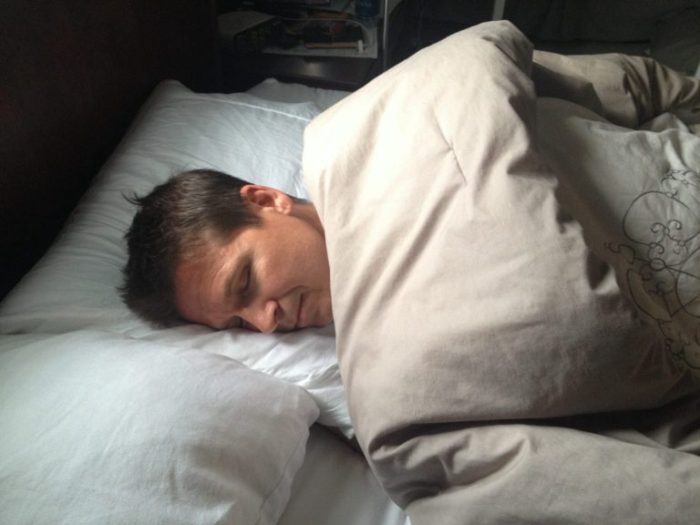Feeling tired and fatigued often? Are you nearing 50 or older? This blog could hold some answers for you.
For many women, the struggle with chronic fatigue, low energy, and insomnia can feel like an unsolvable mystery. No amount of coffee, exercise, or stress management seems to bring lasting relief. What many don’t realize is that the root cause may lie within their hormonal balance. Sex hormones—estrogen, progesterone, and testosterone—play a crucial role not only in reproductive health but also in maintaining energy levels, sleep quality, and overall vitality.

Understanding the Hormonal Puzzle
Sex hormones are chemical messengers that influence almost every system in the body. While most women associate estrogen and progesterone with menstruation or menopause, these hormones also impact mood, metabolism, sleep, and energy. When these hormones become unbalanced, a ripple effect occurs, leading to symptoms such as chronic fatigue and insomnia.
Learn more about unbalanced sex hormones, their symptoms, and how to restore balance to feel like yourself again by joining our workshop on January 17, 2025. **Click here to register!**
1. Estrogen’s Role in Energy and Sleep

Estrogen helps regulate serotonin, the “feel-good” neurotransmitter, and contributes to energy and sleep regulation. Too much estrogen (a condition called estrogen dominance) can lead to heightened anxiety, restlessness, and difficulty falling asleep. On the flip side, low estrogen levels—common during perimenopause or menopause—may cause fatigue, low mood, and fragmented sleep.
2. Progesterone: The Calming Hormone
Progesterone has a calming effect on the brain, often referred to as a natural sedative. It helps promote restful sleep by enhancing GABA, a neurotransmitter that reduces stress and encourages relaxation. When progesterone levels drop, either due to stress or hormonal imbalances, women often experience insomnia, irritability, and a heightened sense of anxiety—all of which drain energy.
3. The Often-Overlooked Testosterone
While testosterone is commonly thought of as a male hormone, women need it too. Testosterone plays a key role in maintaining muscle strength, stamina, and libido. Low testosterone levels can lead to persistent fatigue, a lack of motivation, and even feelings of depression.
The Chronic Fatigue-Hormone Connection
Chronic fatigue syndrome (CFS) is a complex condition with many potential triggers, including hormonal imbalances. Research suggests that disrupted sex hormones can contribute to this condition by:
• Weakening the adrenal glands: Hormonal imbalances often coincide with adrenal fatigue, where the body struggles to produce cortisol, a stress hormone crucial for energy.
• Exacerbating inflammation: Imbalanced hormones can increase systemic inflammation, which is a known contributor to fatigue and poor sleep.

• Disrupting circadian rhythms: Hormonal fluctuations can interfere with the body’s internal clock, making it harder to fall asleep and stay asleep.
What Causes Hormonal Imbalances in Women?
Several factors can lead to unbalanced sex hormones, including:
• Chronic stress: Stress disrupts the hypothalamic-pituitary-adrenal (HPA) axis, which regulates hormone production.
• Dietary deficiencies: Low levels of nutrients like magnesium, zinc, and B vitamins can impair hormone synthesis.
• Overexercising or under-exercising: Both extremes can throw off hormone levels.
• Age-related changes: Perimenopause and menopause naturally reduce estrogen and progesterone levels.
• Environmental toxins: Chemicals in plastics, cosmetics, and food can mimic estrogen, leading to estrogen dominance.
How to Restore Hormonal Balance
The good news is that with the right approach, hormonal imbalances can be addressed, bringing relief from chronic fatigue and insomnia. Here’s how:
1. Support Hormone Production Naturally
• Eat a balanced diet: Focus on whole foods rich in healthy fats (avocados, nuts, and seeds) to support hormone production.

• Reduce sugar and processed foods: These can worsen inflammation and disrupt hormone regulation.
• Consider adaptogens: Herbs like ashwagandha and maca may help balance hormones and reduce fatigue.
2. Optimize Sleep
• Establish a consistent sleep routine by going to bed and waking up at the same time daily.
• Reduce screen time before bed, as blue light disrupts melatonin production.
• Try magnesium supplements or chamomile tea to promote relaxation.
3. Address Underlying Stress
• Practice mindfulness techniques like meditation or yoga.

• Seek therapy or counseling if chronic stress or emotional trauma is a factor.
• Use tools like journaling or deep breathing to regulate your nervous system.
4. Test and Treat
If symptoms persist, it’s essential to work with a healthcare provider who can test your hormone levels. Treatments may include:
• Bioidentical hormone replacement therapy (BHRT): A tailored approach to replenishing low estrogen, progesterone, or testosterone.
• Nutritional supplements: Support for adrenal health and hormone production.
Final Thoughts
Chronic fatigue, low energy, and insomnia are not just lifestyle problems—they often have deep biological roots. Understanding the role of sex hormones can help women take charge of their health and find solutions that address the underlying causes of their symptoms. If you suspect your hormones may be unbalanced, don’t hesitate to seek professional guidance. With the right support, restoring hormonal balance can lead to profound improvements in energy, sleep, and overall well-being.
If this resonates with you, consider reaching out to a healthcare professional who specializes in hormone health. Personalized care is key to uncovering and addressing the unique factors behind your symptoms.
Learn more about unbalanced sex hormones, their symptoms, and how to restore balance to feel like yourself again by joining our workshop on January 17, 2025. **Click here to register!**
Contact Dr. Marjan Vizcaino at Radiance Kelowna to get a discovery call.
